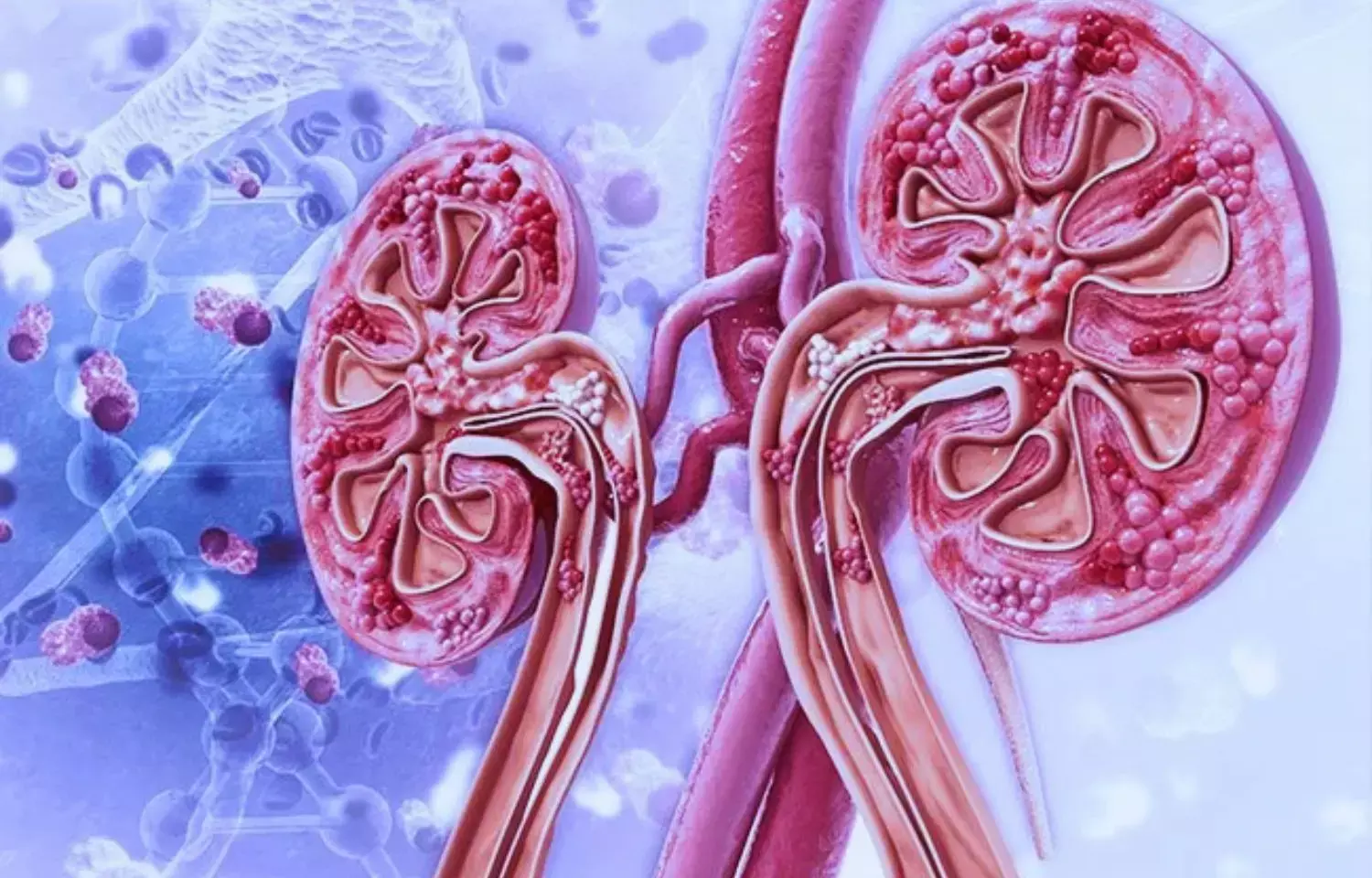- Home
- Medical news & Guidelines
- Anesthesiology
- Cardiology and CTVS
- Critical Care
- Dentistry
- Dermatology
- Diabetes and Endocrinology
- ENT
- Gastroenterology
- Medicine
- Nephrology
- Neurology
- Obstretics-Gynaecology
- Oncology
- Ophthalmology
- Orthopaedics
- Pediatrics-Neonatology
- Psychiatry
- Pulmonology
- Radiology
- Surgery
- Urology
- Laboratory Medicine
- Diet
- Nursing
- Paramedical
- Physiotherapy
- Health news
- Fact Check
- Bone Health Fact Check
- Brain Health Fact Check
- Cancer Related Fact Check
- Child Care Fact Check
- Dental and oral health fact check
- Diabetes and metabolic health fact check
- Diet and Nutrition Fact Check
- Eye and ENT Care Fact Check
- Fitness fact check
- Gut health fact check
- Heart health fact check
- Kidney health fact check
- Medical education fact check
- Men's health fact check
- Respiratory fact check
- Skin and hair care fact check
- Vaccine and Immunization fact check
- Women's health fact check
- AYUSH
- State News
- Andaman and Nicobar Islands
- Andhra Pradesh
- Arunachal Pradesh
- Assam
- Bihar
- Chandigarh
- Chattisgarh
- Dadra and Nagar Haveli
- Daman and Diu
- Delhi
- Goa
- Gujarat
- Haryana
- Himachal Pradesh
- Jammu & Kashmir
- Jharkhand
- Karnataka
- Kerala
- Ladakh
- Lakshadweep
- Madhya Pradesh
- Maharashtra
- Manipur
- Meghalaya
- Mizoram
- Nagaland
- Odisha
- Puducherry
- Punjab
- Rajasthan
- Sikkim
- Tamil Nadu
- Telangana
- Tripura
- Uttar Pradesh
- Uttrakhand
- West Bengal
- Medical Education
- Industry
Is it really healthy to restrict protein intake for kidney transplant recipients?

Chronic kidney disease patients are known to have induced sarcopenia due to chronic inflammation, hypercatabolism, decreased nutrient intake, and decreased physical activity associated with impaired kidney function. Recovery of renal function due to successful kidney transplantation is able to correct or improve many of those physiological and metabolic abnormalities.
As a result, kidney transplant recipients increase skeletal muscle mass after kidney transplantation. Since excessive protein intake worsens kidney function, it is commonly believed that patients with chronic kidney disease, including kidney transplant recipients, should limit protein intake to protect their kidneys. On the other hand, it has been suggested that severe protein restriction may worsen sarcopenia and adversely affect prognosis.
Since nutrition and exercise therapy are recommended to improve sarcopenia, protein intake is suspected to relate to recovery of skeletal muscle mass after kidney transplantation. However, few studies have examined the relationship between skeletal muscle mass and protein intake in kidney transplant recipients.
Responding to this gap, the research group led by Dr. Akihiro Kosoku, Dr. Tomoaki Iwai, and Professor Junji Uchida at the Department of Urology, Graduate School of Medicine, Osaka Metropolitan University investigated the relationship between changes in skeletal muscle mass-measured by bioelectrical impedance analysis-and protein intake, which was estimated from the urine collected from 64 kidney transplant recipients 12 months after kidney transplantation.
The results showed that changes in skeletal muscle mass during this period were positively correlated with protein intake, and that insufficient protein intake resulted in decreased muscle mass.
Dr. Iwai and Dr. Kosoku commented, "To improve the life expectancy of kidney transplant recipients, further research is needed to clarify the optimal protein intake to prevent either deterioration in kidney function or sarcopenia. We hope that nutritional guidance, including protein intake, will lead to improved life expectancy and prognosis."
Reference:
Akihiro Kosoku, Tomoaki Iwai, Takuma Ishihara, Kazuya Kabei, Shunji Nishide, Keiko Maeda, Yoshiko Hanayama, Eiji Ishimura, Junji Uchida. Influence of protein intake on the changes in skeletal muscle mass after kidney transplantation. Clinical Nutrition, 2022; 41 (9): 1881 DOI: 10.1016/j.clnu.2022.07.028
Dr Kamal Kant Kohli-MBBS, DTCD- a chest specialist with more than 30 years of practice and a flair for writing clinical articles, Dr Kamal Kant Kohli joined Medical Dialogues as a Chief Editor of Medical News. Besides writing articles, as an editor, he proofreads and verifies all the medical content published on Medical Dialogues including those coming from journals, studies,medical conferences,guidelines etc. Email: drkohli@medicaldialogues.in. Contact no. 011-43720751


